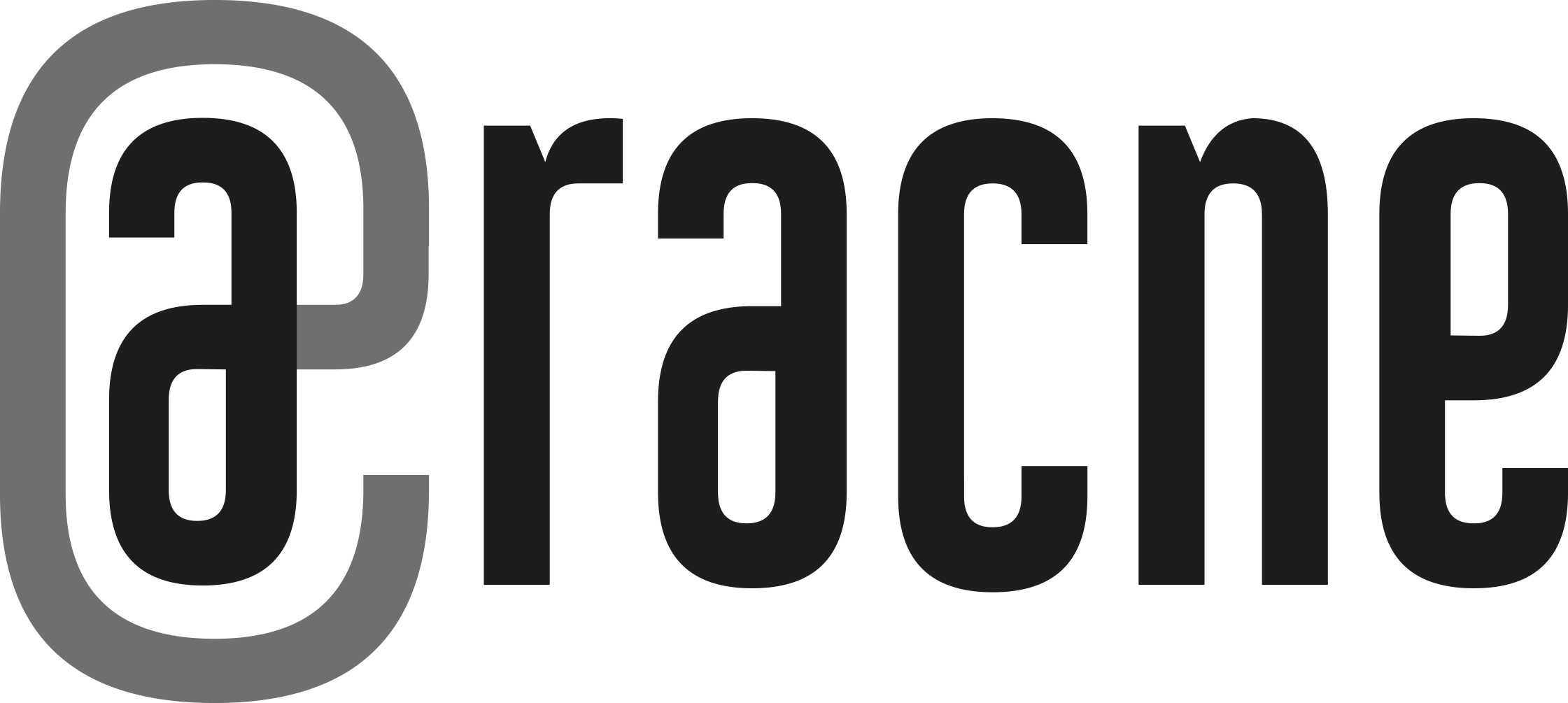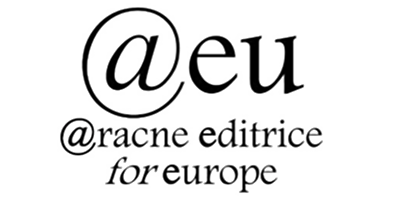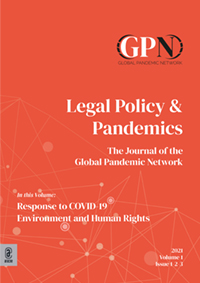DOI: 10.53136/979125994435118
Pages: 271-278
Publication date: January 2022
Publisher: Aracne
SSD:
IUS/10
This article explores the role of the Israeli Supreme Court in exercising judicial review of Covid- 19 control measures. It argues that the Court exhibited changes in its review methods and adapted its role throughout this prolonged crisis. At the first stage, the Court focused on protecting institutional democratic safeguards, while exercising judicial restraint and greater deference than usual in its substantive review of the content of Covid-19 measures. The second stage (after nearly a year into the pandemic), was characterized by more significant judicial intervention and a growing propensity to hold Covid-19 measures unconstitutional, based on a combination of stricter substantive judicial review and increased demand for an evidentiary and scientific basis to justify infringement of rights. Therefore, the Israeli case demonstrates the broader question of the changing role of judicial review, and, more specifically, of evidence-based judicial review, during prolonged emergencies.




